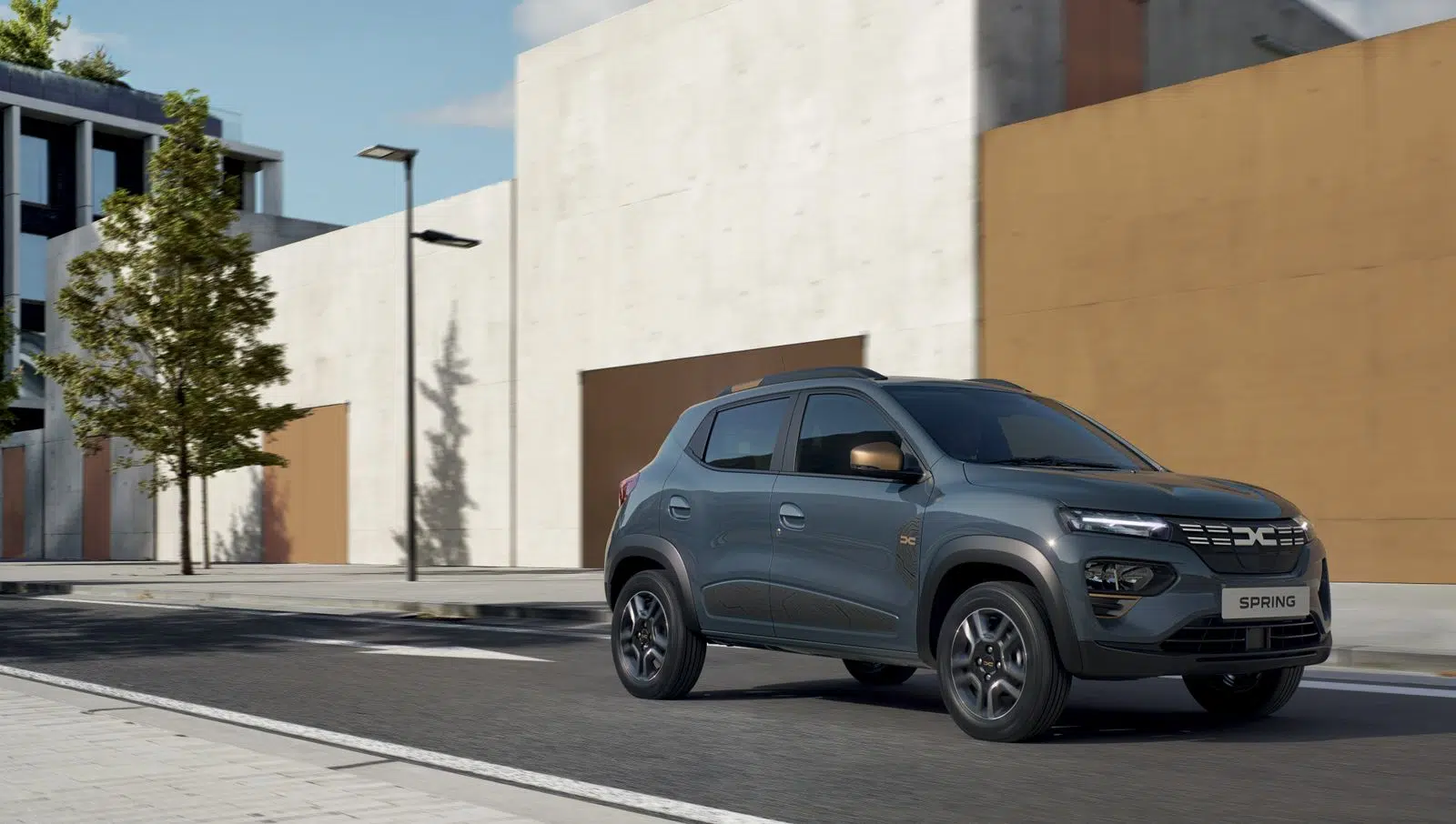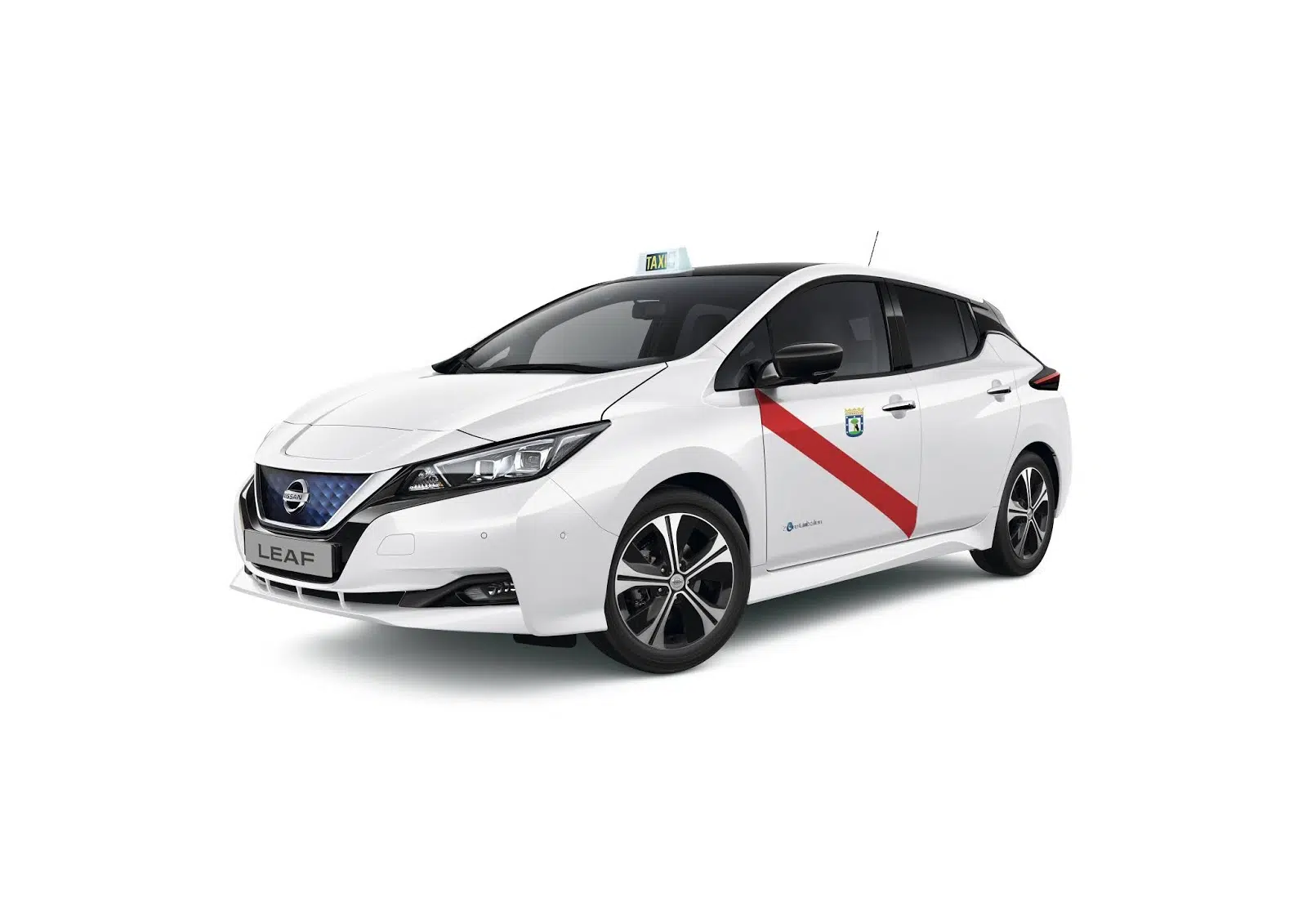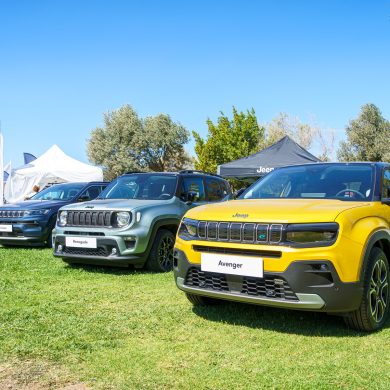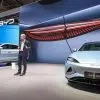An electric car selling for €25,000 or less can be profitably built in Europe by 2025, according to a study by the environmental group Transport & Environment.
The affordability of electric vehicles has been a key issue in recent years, especially as Chinese carmakers start to invade Europe with brands such as MG (owned by SAIC) and BYD. The issue has the potential to balloon into a full-blown trade dispute, with the EU announcing this week that it will investigate China's domestic subsidies, which critics say give cars made there an unfair advantage.
"Survey after survey shows that cost is a key barrier to faster adoption of BEVs (battery electric vehicles)," said Julia Poliscanova, senior director for vehicles and e-mobility supply chains at T&E, in the report published on Thursday.
There is also a large gap in electric vehicle adoption rates, with the less affluent part of southern and eastern Europe lagging far behind countries such as Norway, Germany, the Netherlands and the UK.
The EU requires only zero-emission cars to be sold after 2035.The EV market share in Europe is around 15%, with a big jump expected only after 2025.
Electric cars under €25,000 have become a target for carmakers and experts, who say that this price will make electric cars accessible to a much larger number of buyers, accelerating the transition to an all-electric market. Building them in Europe will blunt the opposition of those concerned about the loss of domestic production.
"The 25,000 euro small BEV will be a game changer for the public's adoption of electric cars," Poliscanova told the report. "Bringing these models to market quickly and en masse is vital for European manufacturers to compete with Chinese competitors who already offer cheap, small electric cars here."
T&E said in the report that "under favourable market conditions" a small electric car produced in Europe in 2025 could be priced at €25,000 with a profit margin of 4% - similar to the profit margin of a small internal combustion engine car. It will have a 40 kilowatt-hour battery using cheaper lithium-iron-phosphate (LFP) chemistry and a range of 250 to 300 kilometres.
The sale price could rise to €31,000 under "less favourable conditions", the group said. Variables include productivity growth, battery prices, the euro/dollar exchange rate and the prices of raw materials and semiconductors.
At the same time, the price of internal combustion vehicles, depending on the same conditions, can range from €24,000 to €29,000.
The lowest priced EV in Europe today is the Chinese-built Dacia Spring, which starts at €20,800 in France. This drops to less than 16,000 euros with government incentives.
However, China may become a less attractive production destination for European car manufacturers. On Wednesday, the European Commission announced that it would investigate Chinese subsidies for electric cars, with EU President Ursula van der Leyen, stating that the global market is flooded with cheap Chinese cars.
Some automakers have expressed the intention to bring a European-built EV to market with a price tag of 25,000 euros or less, but none have done so yet.
Stellantis plans to sell the small Citroen New e-C3 to be built in Slovakia for 25,000 euros from early 2024, while Fiat will introduce a new electric model inspired by the Panda mini-car in July 2024, Fiat brand CEO Olivier Francois said in an interview.
Volkswagen Group will launch the ID2 small hatchback in 2025; VW brand CEO Thomas Schaefer said in March that the automaker is targeting a starting price of under 25,000 euros.
Renault will launch the BEV Renault 5 small hatchback in 2024, but CEO Luca de Meo has not publicly committed to a price target of €25,000. At the Munich motor show last week, de Meo said the Renault 5 would be 25 to 30 percent cheaper than the compact Megane E-Tech EV - or about 26,000 to 30,000 euros.
According to a survey of 3,000 people included in the T&E report, the advent of affordable small EVs will increase the proportion of consumers willing to buy an electric car in the next 12 months to 35 % from 25 %. This would equate to more than 1 million additional sales, T&E notes.
However, according to T&E, "given the recent momentum in the automotive industry, it is no guarantee that such models will be available on the European market with the speed and volume needed to accelerate access to electric mobility".
These dynamics include the trend to sell higher-margin SUVs at the expense of small cars, T&E said, adding that this strategy has helped automakers' revenues far outpace inflation.
To prioritize small cars over "heavy, expensive" SUVs, T&E called for a multi-faceted effort that includes national vehicle taxes that penalize weight and weight-based parking fees
Measures should include stricter efficiency rules for electric vehicles, taxes and subsidies.
Other keys to affordable EVs include an increase in efficiency from the current 15-16 kilowatt-hours per 100 km (for a Peugeot e-208) to 13-14 kWh/100 km. These gains can come from better aerodynamics, lightweight materials, better power electronics and the use of heat pumps and regenerative braking.
These efficiency gains could help offset if battery prices remain stagnant or even increase, T&E reports.








